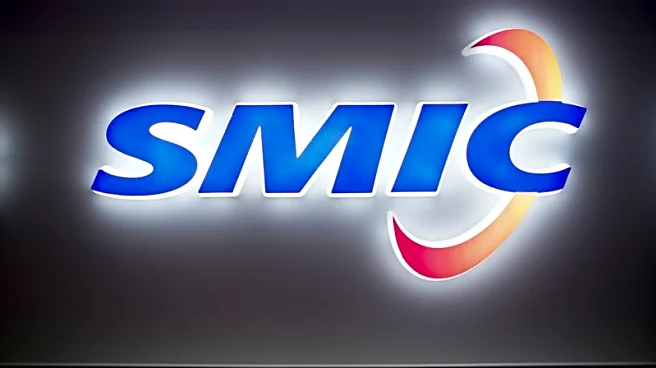Rapid Read • 8 min read
In July 2025, the Trump administration implemented a series of policy reversals and trade measures aimed at slowing the adoption of electric vehicles (EVs) in the United States. These measures include ending federal purchase incentives for EVs, shutting down the national charging infrastructure program, and rescinding California's authority to enforce its zero-emission vehicle mandate. Additionally, steep tariffs have been imposed on imported EVs and auto parts. These actions are expected to slow the growth of EV adoption in the U.S., which is currently nearing a tipping point. The policy changes are likely to delay the transition from internal combustion engine (ICE) vehicles to EVs, affecting both automakers and consumers.
AD
The slowdown in EV adoption has significant implications for the U.S. automotive industry and related sectors. Automakers may prioritize the production of gasoline and diesel vehicles, potentially falling behind global competitors in EV technology and market share. The secondary ICE service sector, including muffler shops and oil change franchises, will retain a customer base for longer, delaying the need to adapt to EV-related services. This could leave these businesses less prepared for the eventual acceleration in EV adoption. The U.S. risks losing leadership in battery technology and high-volume electric production, impacting its competitiveness in the international automotive market.
If the current policy stance persists, the U.S. may experience a prolonged transition to EVs, with the 40% tipping point for EV sales potentially delayed until the mid-2030s. A political shift in 2028 could restore federal support for EVs, accelerating adoption and helping the U.S. catch up with global leaders. However, the years lost to slower growth cannot be recovered, and the market would still lag behind where it could have been without the interruption. The future of the U.S. EV market remains closely tied to political developments and policy decisions.
The policy changes highlight the influence of government actions on market dynamics and technological transitions. The U.S. approach contrasts with that of Europe and China, where aggressive mandates and incentives are driving rapid EV adoption. The delay in transitioning to EVs could have broader economic and environmental implications, affecting the country's ability to meet climate goals and compete in the global market.
AD
More Stories You Might Enjoy












